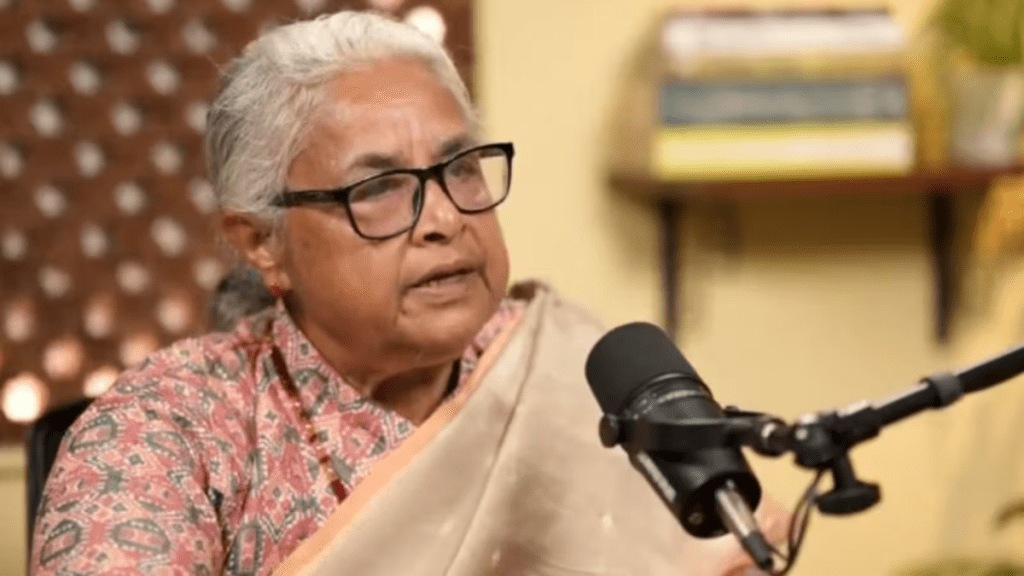Sushila Karki took oath as the interim Prime Minister of Nepal on Friday night — ending a week of chaotic protests led by Gen-Z. Former PM KP Sharma Oli had submitted his resignation and fled Kathmandu on Tuesday as the agitators set fire to his home and various government offices.Karki took oath around 8.45 pm and is now set to form a small interim Cabinet.
The decision to nominate Karki came after a 4-hour virtual meeting held by the Gen Z protestors, where they agreed that no youth affiliated with any political party should be involved in leadership discussions. Karki, who has no political affiliation, was chosen for her neutrality and credibility. If officially elected to serve, Karki would become Nepal’s first female Prime Minister.
Who is Sushila Karki?
Nepal’s first and only Female Supreme Court Chief Justice, Sushila Karki, was born on June 7, 1952, in Biratnagar. An alumna of Banaras Hindu University, Karki completed her Bachelor of Arts (BA) from Mahendra Morang University in 1972 before pursuing her masters in Political Science from Varanasi in 1975.
Karki served as acting Chief Justice from April 13 to July 10, 2016, and then as Chief Justice of the Supreme Court from July 11, 2016, to June 7, 2017. During her tenure, she presided over landmark cases on transitional justice and electoral disputes, reinforcing the judiciary’s role as a guardian of democracy.
Karki also faced an impeachment motion during her tenure when a motion to remove her from the country’s top court was raised in the Parliament by the Maoist Centre and Nepali Congress. The motion was later withdrawn following public pressure and an interim Supreme Court order barring Parliament from proceeding.
Karki is married to Durga Prasad Subedi, a former youth wing leader of the Nepali Congress, whom she met while studying in Banaras.
What’s the situation in Nepal now?
As for the situation on the streets of the capital and other places in Nepal on Wednesday, army soldiers guarded the parliament as large areas were deserted amid a curfew in Kathmandu.
At least 25 people have been killed, including 3 police officers, and over 600 people have been injured, according to the official data.
In an appeal on X, the army said prohibitory orders imposing a curfew would remain in force until Thursday morning. “Any demonstrations, vandalism, looting, arson, and attacks on individuals and property in the name of protest will be considered punishable crimes and strict action will be taken by security personnel,” the post said.

